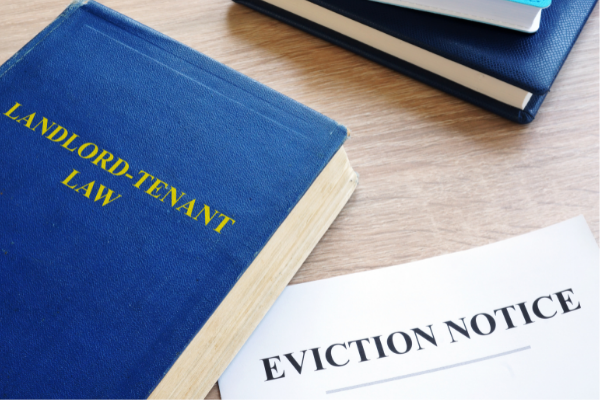Yellowstone Injunctions may be something you’ve never heard of or never fully understood. This guide will help you understand what a Yellowstone Injunction entails and how a landlord tenant attorney can help in situations like this. The word “Yellowstone” refers to one of the parties in the landmark court case for which the action is named. In 1968, a New York court case titled First National Stores Inc. v. Yellowstone Shopping Center Inc., involved the First National Stores, Inc., acting as a landlord against the tenant, the Yellowstone Shopping Center, Inc. The Yellowstone Shopping Center, Inc., filed an injunction against the First National Stores, Inc., to keep from being evicted for violating the lease. Simply put, the word “Yellowstone” refers to anytime a commercial tenant files an injunction against the landlord to keep from being evicted.
An injunction is an order issued by a court or a judge which keeps one person or entity from acting against another until the circumstances can be reviewed. The tenant will need to employ a landlord tenant lawyer to prepare and file the actual injunction on their behalf.
The parties involved in a Yellowstone Injunction are a landlord who owns a commercial property and a tenant who rents the commercial property. Yellowstone Injunctions are not used for actions involving private property but the concept is the same. One party is the landlord while the other party is the tenant, and landlord/tenant law applies in that rent is paid to occupy a space.
The tenant has usually been served with a notice to quit or cure, which is a request or demand from the landlord for the tenant to stop violating some condition of the lease and/or to vacate the property. If the tenant feels that the action is unfair or will cause monetary loss, the tenant then files a Yellowstone Injunction to keep the eviction from proceeding.
In order to file the injunction successfully, the tenant must prove four things:
- That the tenant holds a commercial lease for the property in question.
- That the landlord did give the tenant a notice to cure or quit occupying the property.
- That the tenant requested the injunction before the lease period was terminated.
- That the tenant will take any action to repair the situation except vacating the property.
The following are examples of situations when Yellowstone Injunctions are applicable:
- Improper subleases
- Failure to pay rent to the landlord
- Making unauthorized changes to the property
- Determining responsibility to make repairs
- Offensive odors or excessive noise being made on the property
- Permit violations
- Lack of liability insurance.
Both parties generally need the representation of a landlord tenant attorney during proceedings. The court, depending on the findings, could rule in favor of either the landlord or the tenant. If the judge rules in favor of the landlord, the tenant will have to make the required changes and/or vacate the property. If the court rules in favor of the tenant, the tenant will have any needed time in order to make reparations and pay debts without being evicted.
If you need a law firm in New York that can advise you regarding landlord/tenant law and Yellowstone Injunctions, contact Warren S. Dank, Esq., P.C. for a free consultation.

